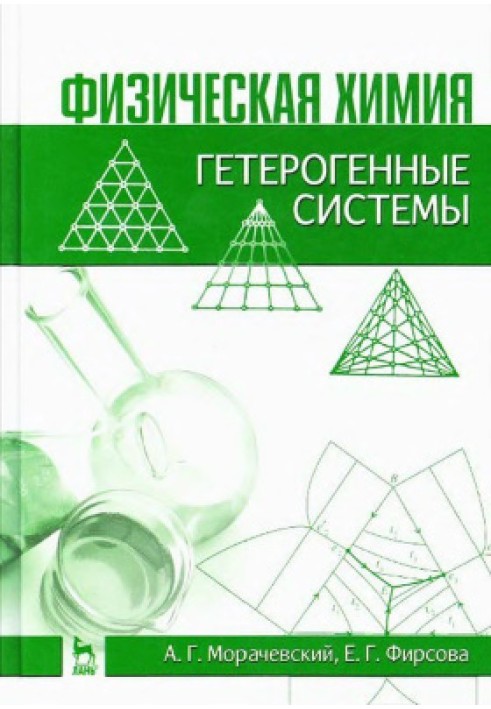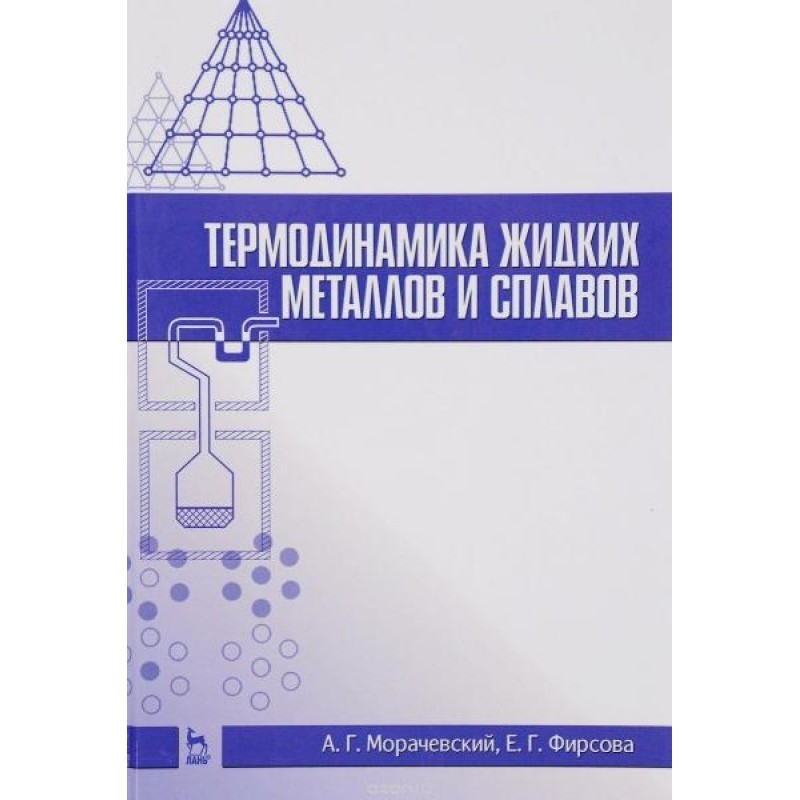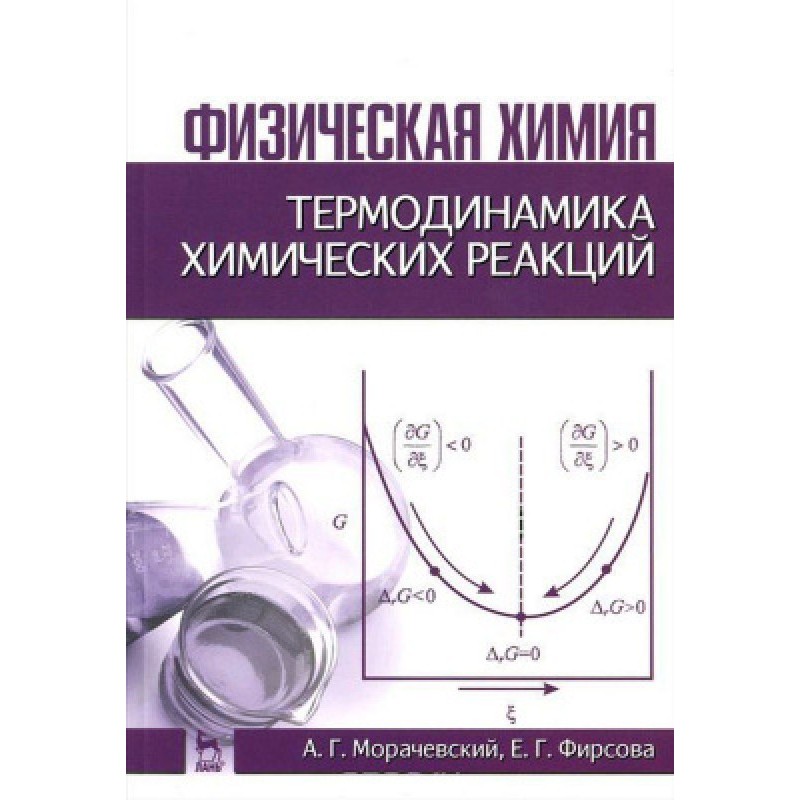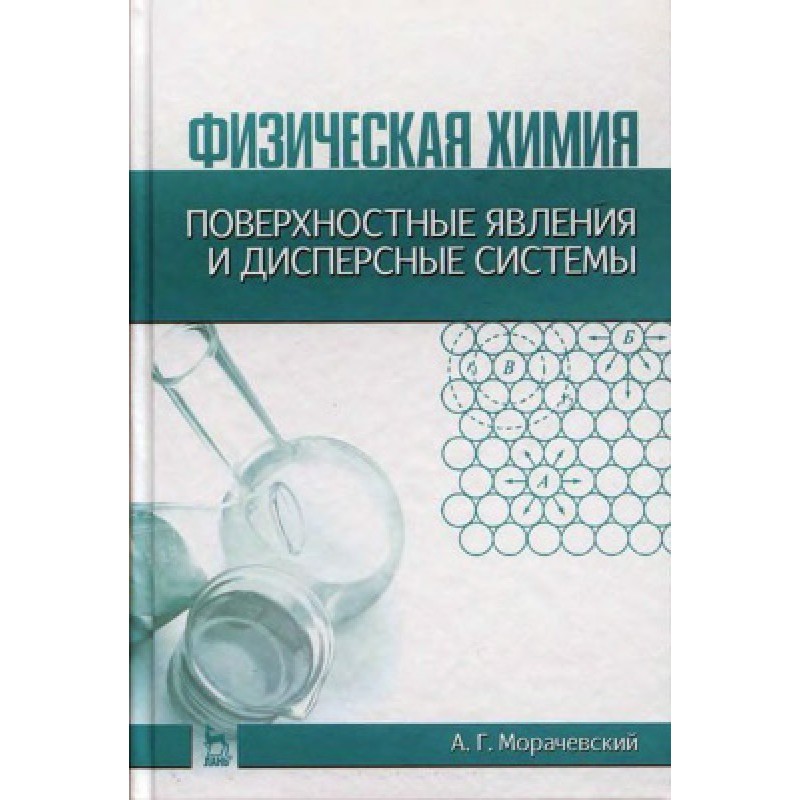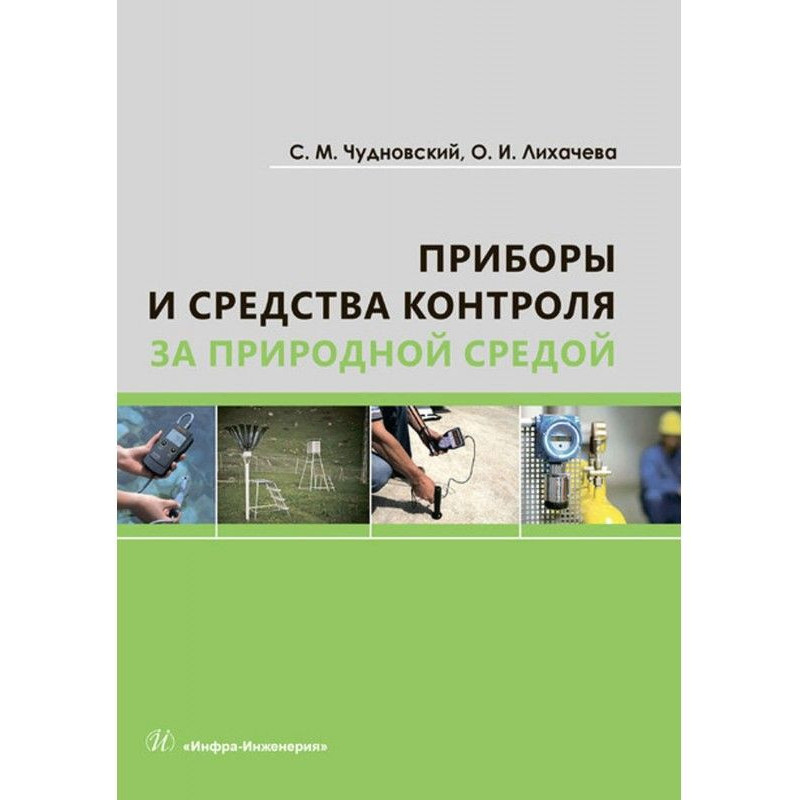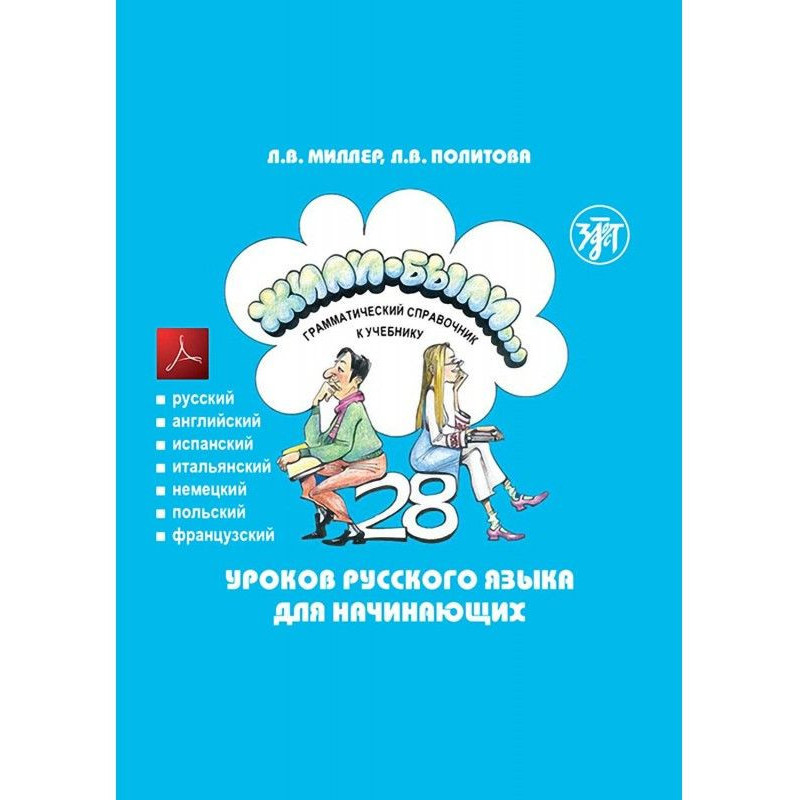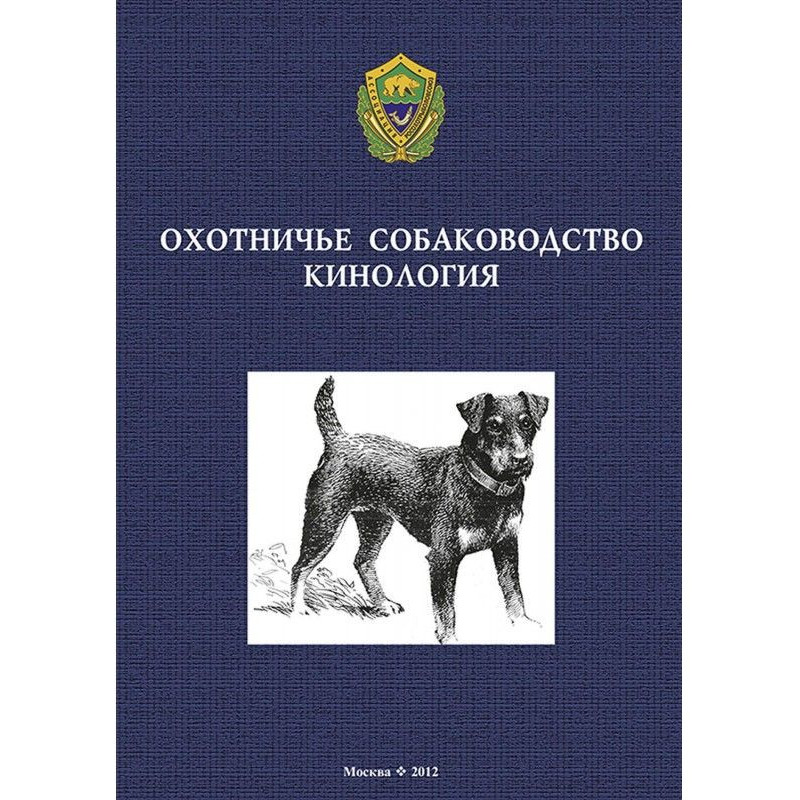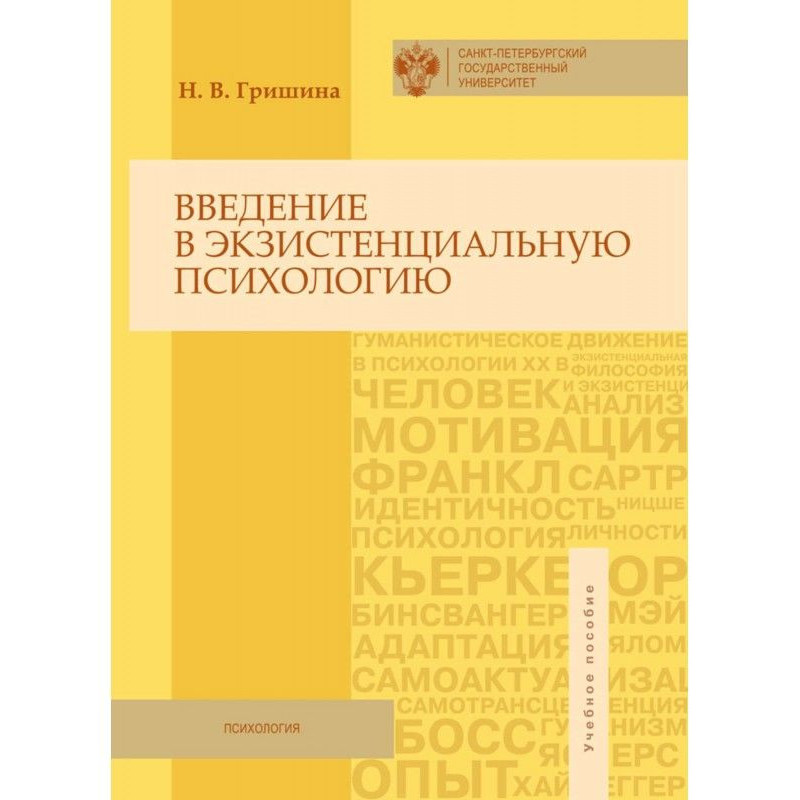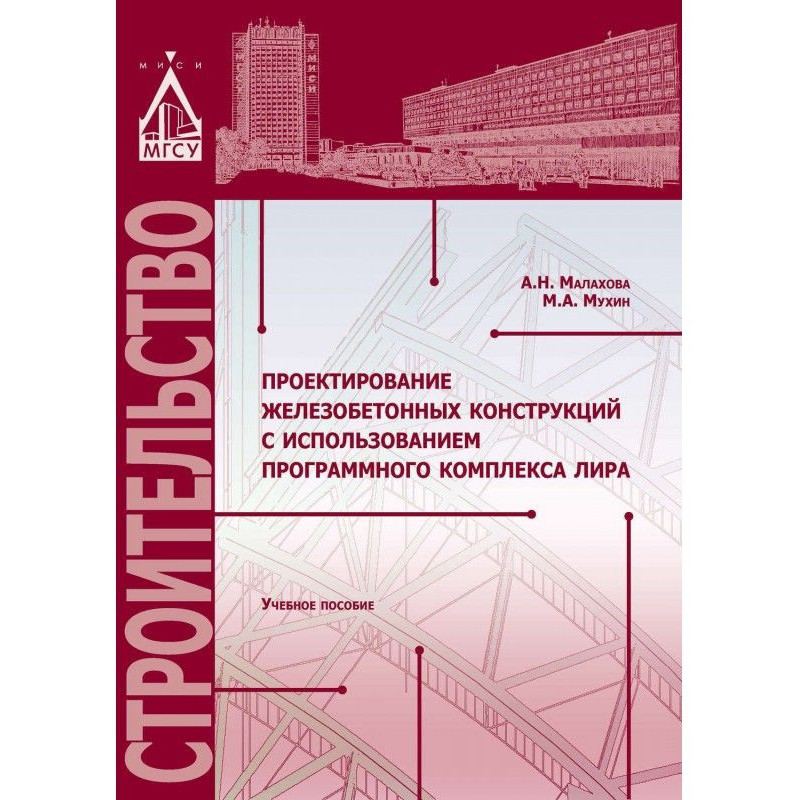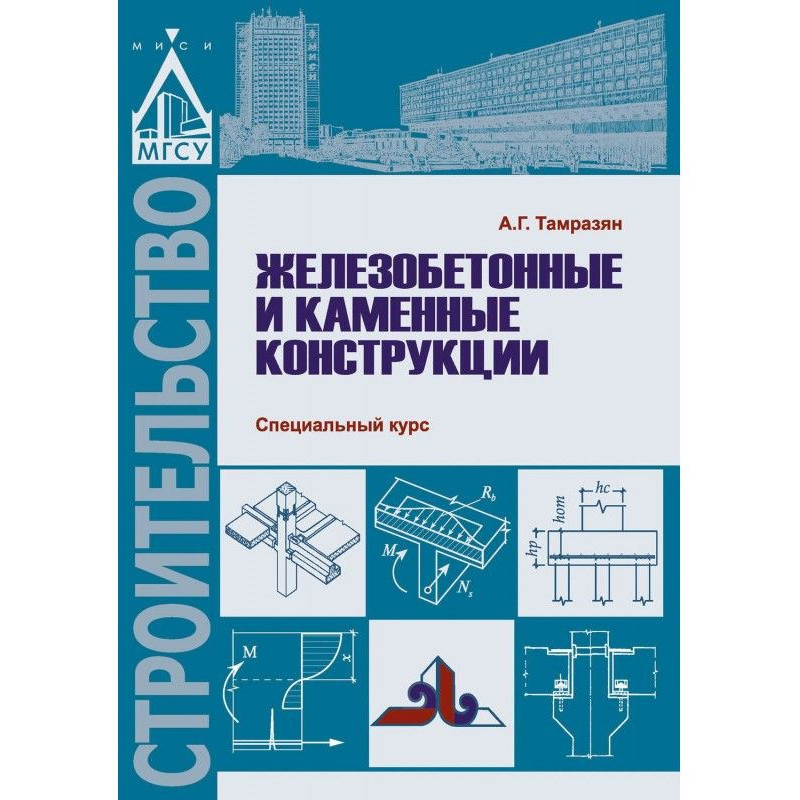Physical chemistry. Heterogeneous systems
 Instant download
Instant download
after payment (24/7)
 Wide range of formats
Wide range of formats
(for all gadgets)
 Full book
Full book
(including for Apple and Android)
The textbook outlines issues related to the thermodynamic description of equilibria in one-, two- and three-component systems. Mostly metal systems are considered as examples. Special attention is paid to the analytical representation of the concentration dependence of thermodynamic functions in binary liquid systems, the calculation of the thermodynamic properties of ternary systems based on data on boundary binary systems, and calculations of phase diagrams.
The textbook is intended for students of higher educational institutions studying in a master's program “Materials science of nanomaterials and components of electronic equipment” in the direction of master’s training in “Technical Physics”. It can also be used when teaching students in the areas of training “Materials Science and Technology of Materials”, “Metallurgy”, in advanced training systems, in institutions of additional professional education.
Recommended by the UMO for university polytechnic education as a teaching aid for university students studying in the master's program "Technical Physics".
ContentsUse the arrow to expand or collapse this sectionGeneral thermodynamic relationshipsBasic postulates and laws of chemical thermodynamics.Thermodynamic potentials and characteristic functions.General concepts of heterogeneous equilibria.Definitions .Chemical potential.Activity method. Selection of the standard state. Gibbs phase rule. Phase equilibrium in one-component systems. Basic elements of the phase diagram. Clapeyron-Clausius equation. Critical state of matter. Polymorphic transformations in solid phases. Phase transitions of the first and second order. Liquid crystalline state of matter. Equilibrium in two-component systems. Equilibrium in condensed systems with the participation of the solid phase. Liquid-liquid equilibrium in binary systems. Distribution of a component between two immiscible phases. Liquid-vapor equilibrium in two-component systems. Laws D.P. Konovalova. Laws of M.S. Vrevsky. Distillation processes. Analytical representation of the concentration dependence of thermodynamic functions in single-phase two-component systems. Equilibrium of phases in three-component systems. Methods of depicting the composition in three-component systems. Phase equilibria in the simplest three-component systems. Analytical representation of the concentration dependence of thermodynamic functions in liquid three-component systems.
Data sheet
- Name of the Author
- Андрей Морачевский Георгиевич
- Language
- Russian
Reviews
Важливий навчальний посібник для студентів та фахівців
Книга "Фізична хімія. Гетерогенні системи" є надзвичайно корисним ресурсом для студентів, які вивчають технічну фізику, матеріалознавство та металургію. Вона детально охоплює термодинамічні аспекти рівноваг в одно-, дво- та трикомпонентних системах, що є критично важливими для розуміння складних фізичних процесів. Автори чітко пояснюють основні постулати хімічної термодинаміки, а також надають практичні приклади, що робить матеріал легким для засвоєння. Особливо приємно, що книга включає аналітичне представлення концентраційної залежності термодинамічних функцій, що є важливим для проведення наукових досліджень. Я вважаю, що цей посібник стане незамінним помічником не лише для студентів, а й для викладачів, які прагнуть поглибити свої знання в галузі фізичної хімії. Рекомендую всім, хто цікавиться цією темою!

